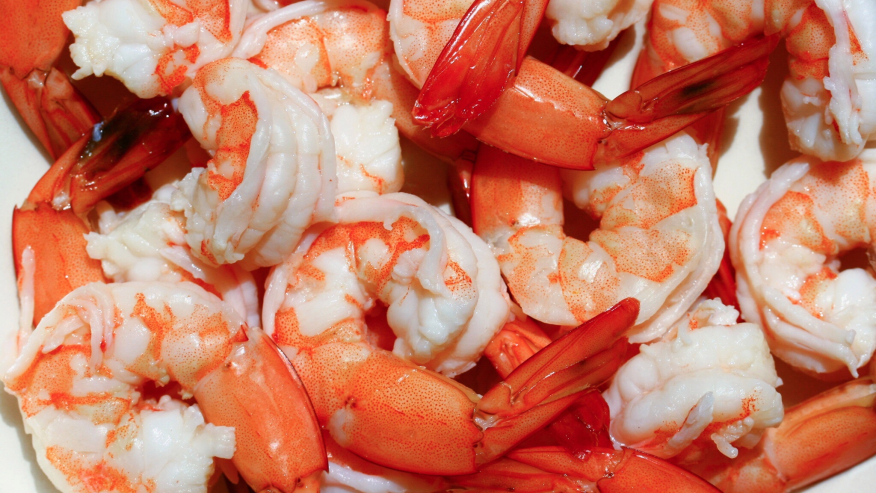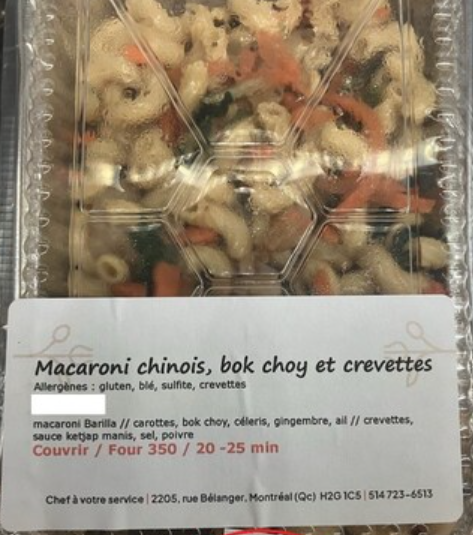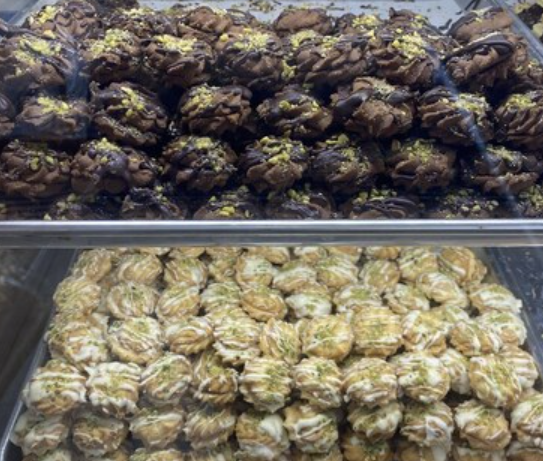On September 19, 2025, AquaStar (USA) Corp of Seattle, WA expanded its recall to approximately 49,920 bags (net wt. 2lbs) of Kroger Raw Colossal EZ Peel Shrimp, approximately 18,000 bags (net wt. 2lbs) of Kroger Mercado Cooked Medium Peeled Tail-Off Shrimp, and approximately 17,264 bags (net wt. 1.25lbs) of AquaStar Raw Peeled Tail-on Shrimp Skewers. The affected shrimp was sold at Baker’s, City Market, Dillons, Food 4 Less, Foodsco, Fred Meyer, Fry’s, Gerbes, Jay C, King Soopers, Kroger, Mariano’s, Metro Market, Pay Less Supermarkets, Pick ‘n Save, Ralphs, Smith’s, and QFC in AK, AL, AR, AZ, CA, CO, GA, ID, IL, IN, KS, KY, LA, MI, MO, MS, MT, NE, NM, NV, OH, OR, SC, TN, TX, UT, VA, WA, WI, WV, and WY between June 12, 2025, and September 17, 2025. The contamination of shipping containers with radioactive material, which has resulted in the recall of frozen shrimp, has been traced to an accident in Indonesia. According to Indonesian authorities, it is believed that the contamination was caused by an accident outside the company and was not under its direct control. The authorities have not released any other information about the situation. The accident is the subject of an ongoing investigation. @ https://www.fda.gov/food/alerts-advisories-safety-information/fda-advises-public-not-eat-sell-or-serve-certain-imported-frozen-shrimp-indonesian-firm?utm_medium=email&utm_source=govdelivery



